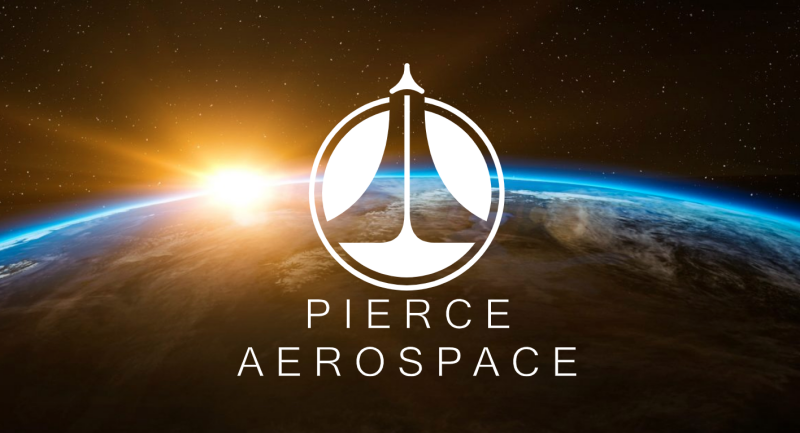 Pierce Aerospaceannounced that it has been accepted into the 2020 cohort for Hyperspace Challenge, a business accelerator run by the Air Force Research Laboratory and CNM Ingenuity for the U.S. Space Force.The goal of Hyperspace Challenge is to accelerate collaboration and partnership between the U.S. government and the startup community in order to drive innovation in space.This year’s cohort theme, Trusted Autonomy, has brought together startups that can provide the government and participating military agencies with secure, trustworthy autonomous and automated solutions for space.
Pierce Aerospaceannounced that it has been accepted into the 2020 cohort for Hyperspace Challenge, a business accelerator run by the Air Force Research Laboratory and CNM Ingenuity for the U.S. Space Force.The goal of Hyperspace Challenge is to accelerate collaboration and partnership between the U.S. government and the startup community in order to drive innovation in space.This year’s cohort theme, Trusted Autonomy, has brought together startups that can provide the government and participating military agencies with secure, trustworthy autonomous and automated solutions for space.
“To date Pierce Aerospace has been known for our work in the unmanned aircraft systems (UAS) industry, specializing in our niche of dual-use Remote Identification technology development to serve both government and commercial stakeholders.
Acceptance into this program announces our intent to provide identification management technology and capabilities well beyond low-level airspace. We’re on the verge of a new era of hyperconnected systems and identification must be established in order to obtain situational awareness and advance trusted autonomy in all domains – from our backyard to deep space.” Aaron Pierce, CEO Pierce Aerospace.
Pierce Aerospace has made advances in local broadcast Remote ID technologies for UAS and continues to develop identification management technology for assurance, authentication, and verification of unmanned systems. The goal of these technologies is to support unmanned system OEMs, unmanned system service suppliers, like Unmanned Traffic Management, and counter drone technologies.The company is actively working to apply and adopt these innovations for enhancing trusted autonomy between space systems. Pierce Aerospace’s Flight Portal ID has been used to positively identify friends from foes in live-fire US Army experiments when integrated with Northrop Grumman and Liteye counter UAS systems.Hyperspace Challenge pairs startups with government contractors, working across a wide range of government agencies, such as the U.S. Air Force, the U.S. Army and NASA, so cohort participants have the opportunity not only to learn how to navigate the government contracting process, but to build more relationships within the government ecosystem. Since the program was launched in 2018, almost 70 percent of participating companies have received government contracts worth over a combined $7 million in revenue.
“The national space community collectively recognizes that the industry could be truly transformed with the growing use of spacecraft capable of automatically handling complex tasks. But complex tasks require complex mechanisms to complete them,” said Captain Roger Anderson, Deputy Program Director for U.S. Space Force Accelerator Programs. “This year’s cohort will be critical in the effort to determine if autonomous technology is truly up to the task.”
Cohort participants will spend the next two months learning how to do business with the federal government and will work with participating government customers to develop proposals. These companies will participate in virtual customer discovery sessions with government scientists and compete for cash prizes via a live pitch event at the Space Startup Summit on December 3.
Source: Press Release
